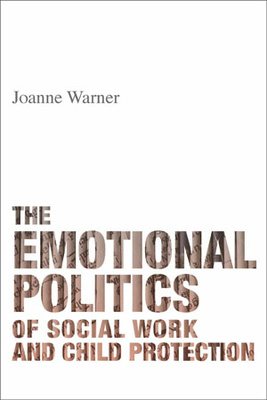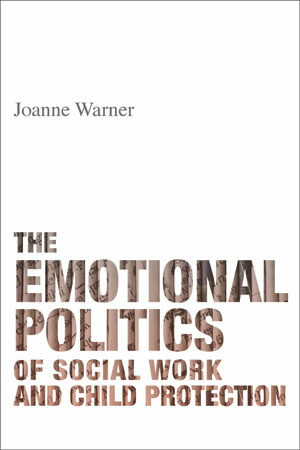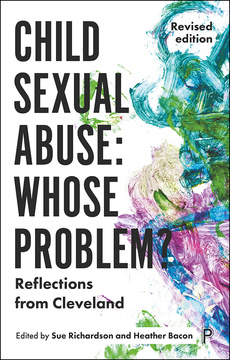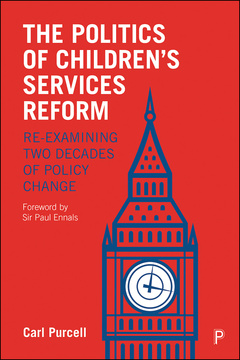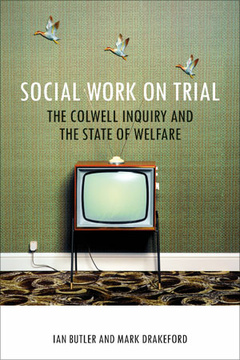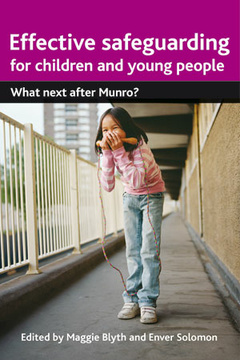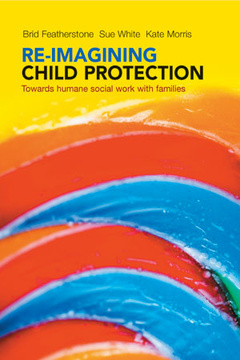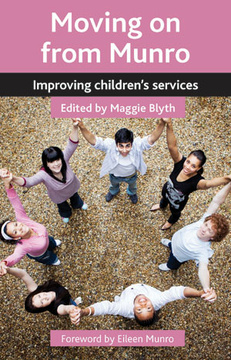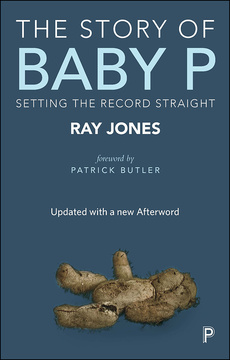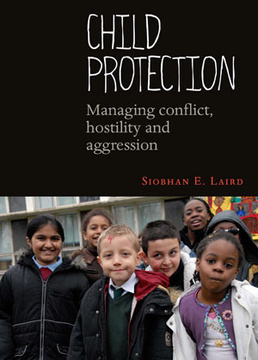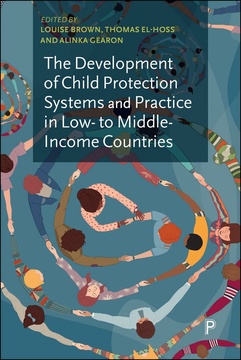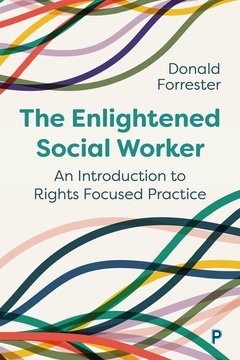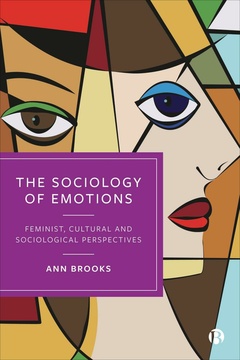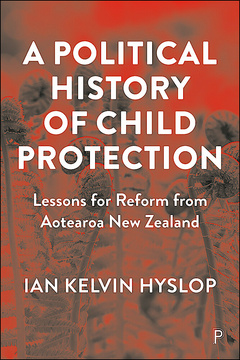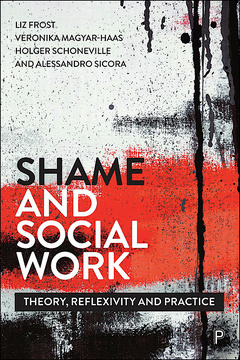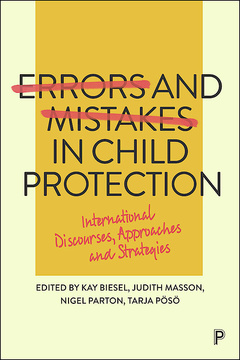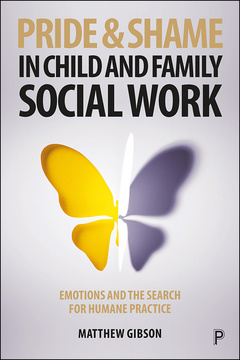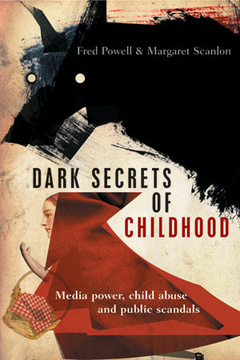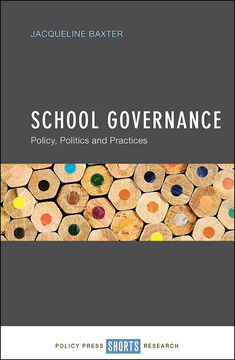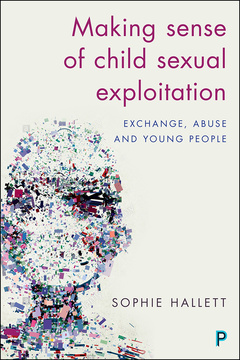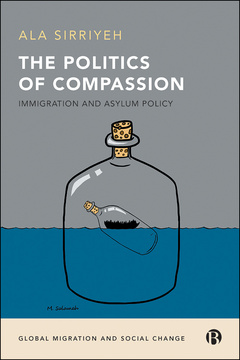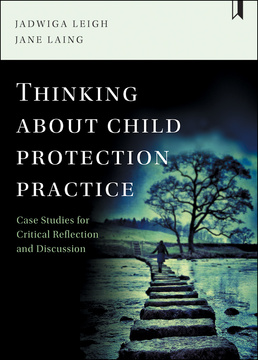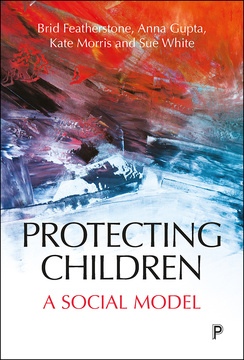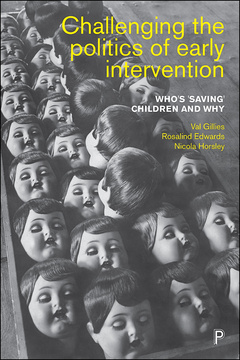The Emotional Politics of Social Work and Child Protection
By Joanne Warner
Published
Jan 12, 2015Page count
224 pagesISBN
978-1447318439Dimensions
234 x 156 mmImprint
Policy PressPublished
Jan 12, 2015Page count
224 pagesISBN
978-1447318422Dimensions
234 x 156 mmImprint
Policy PressPublished
Jan 12, 2015Page count
224 pagesISBN
978-1447318460Imprint
Policy PressPublished
Jan 12, 2015Page count
224 pagesISBN
978-1447318477Imprint
Policy PressFor several decades, social work and child protection systems have been subject to accelerating cycles of crisis and reform, with each crisis involving intense media and political scrutiny. In understanding the nature and causes of this cycle, little attention has been paid to the importance of collective emotions.
Using a range of cases from the UK, and also considering cases from the Netherlands, the US and New Zealand, this book introduces the concept of emotional politics. It shows how collective emotions, such as anger, shame, fear and disgust, are central to constructions of risk and blame, and are generated and reflected by official documents, politicians and the media. The book considers strategies for challenging these ‘emotional politics’, including identifying models for a more politically engaged stance for the social work profession.
"Brimming with insight and ideas for any social policy specialist interested in how human emotion can affect all levels of society and human operations." LSE Review of Books
"This book takes a panoramic view of child protection tragedies, from Maria Colwell in 1973 to the present day." Critical and Radical Social Work
"This book manages to be both timely and well able to rise to the challenge of furthering comprehension of the treatment of topics known for generating more heat than light." British Journal of Social Work
"Highly readable and very well structured....valuable for social work practitioners, especially those in child protection. Jo Warner makes a strong case for greater account to be taken of how social work policy and practice are powerfully shaped by individual and collective emotion." Child Abuse Review
“Warner makes a strong case for greater account to be taken of how social work policy and practice are powerfully shaped by individual and collective emotion…this book is highly readable, well-structured and valuable for social work practitioners.” Child Abuse Review
- Tamsin Cottis, Integrative Arts Child Psychotherapist, Consultant Clinical Supervisor, Respond, London, England
"This brilliant book takes our understanding of the emotional dynamics of social work, child protection, politics, power and everyday life to an entirely new level. Intellectually rich yet always relevant to practice, it shows how under recognised emotions like disgust and visceral notions of respectability not only create definitions of child abuse, but also what it means to be a good citizen and parent." Professor Harry Ferguson, University of Nottingham
"This thought provoking and erudite book analyses the role of emotion and moral judgement in public and political responses to childhood and children at risk. It addresses the role of disgust and shame and thus animates the predictable responses to child deaths. The book concludes with a powerful argument for an emotional politics of child protection." Sue White, University of Birmingham
"A meticulously researched book" - Australian Journal Social Work
Dr Joanne Warner is a senior lecturer in social work at the University of Kent. She is a registered social worker, beginning her career in community development work and generic practice before becoming an academic. Her research focuses on sociocultural approaches to risk, particularly the way ‘risk work’ has shaped professional practice and the impact of cultures of inquiry and blame, and also everyday risks as experienced by service users.
Introducing emotional politics;
‘Heads must roll’? The politics of national anger and the press;
Hidden in plain sight: poverty and the politics of disgust;
From crisis to reform: the emotional politics of child rescue and commemoration;
Risk, respectability and the emotional politics of class;
The emotionality of official documents: the serious case review as an active text;
Comparative perspectives: cultures of difference and convergence;
Towards a new emotional politics of social work and child protection.







